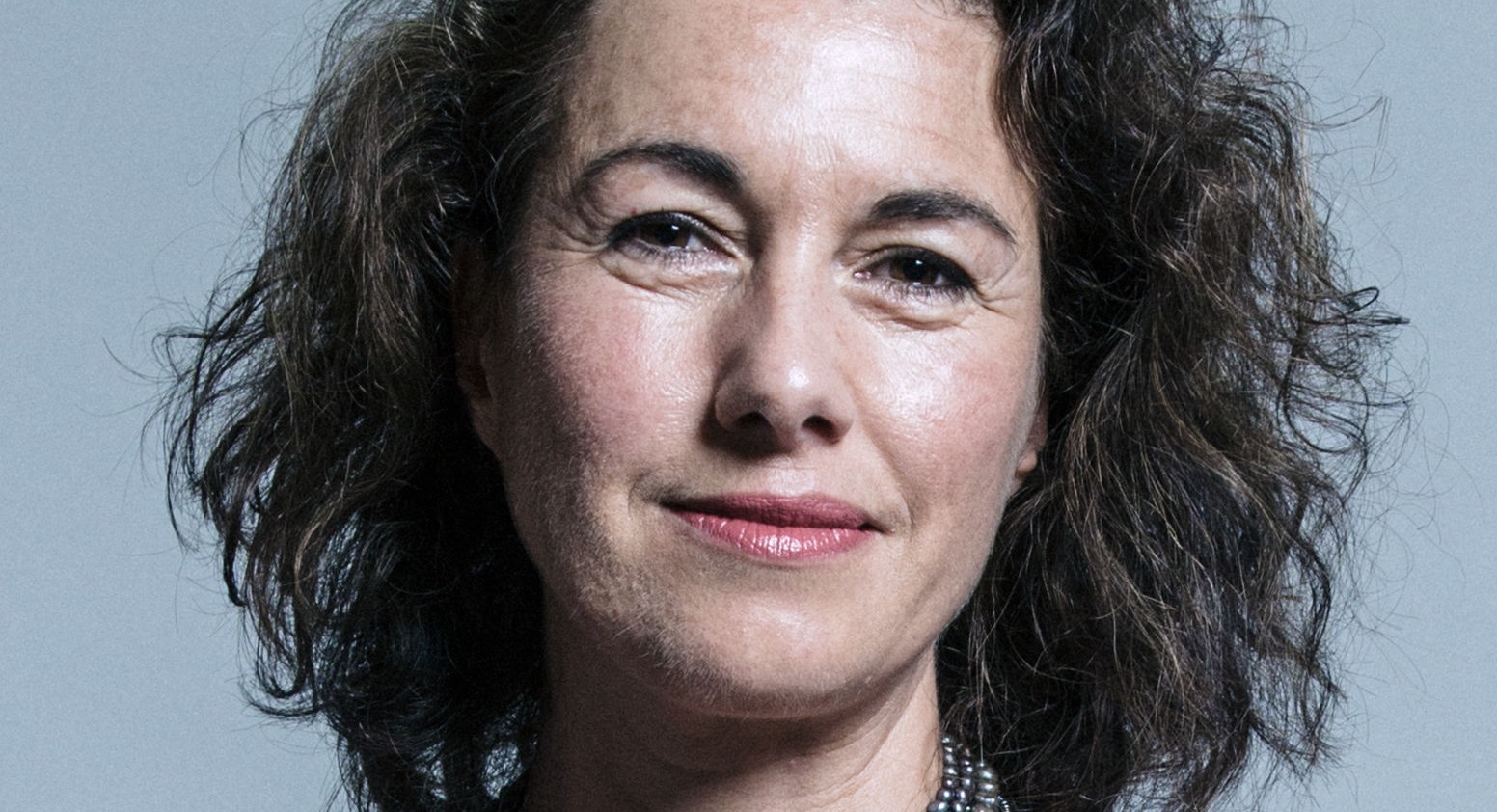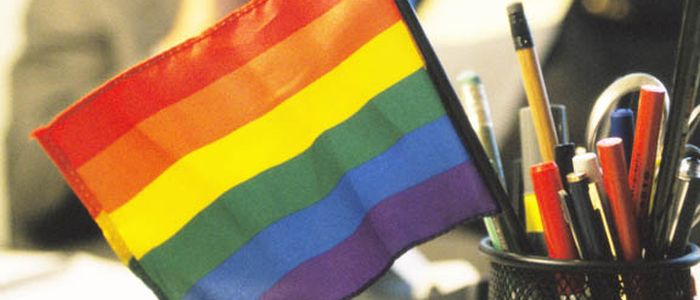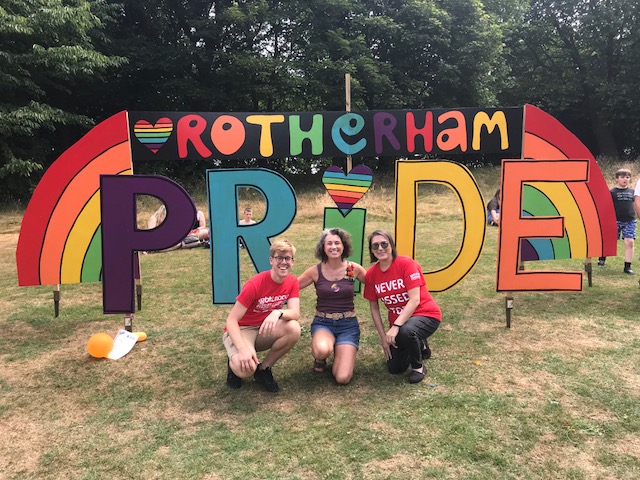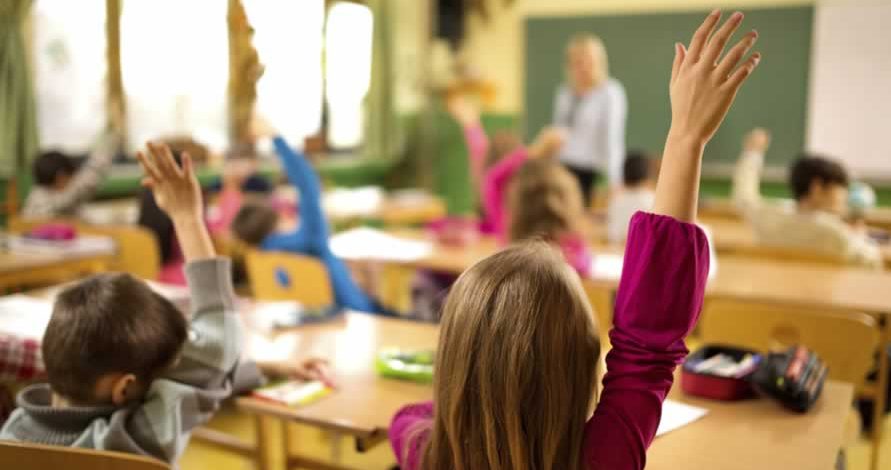‘Government same-sex relationship education proposals are a step in the right direction, but are still too open to interpretation’
Schools must not be given wiggle room when it comes to their obligations to LGBT students, writes Sarah Champion, Labour MP for Rotherham.
By Will Stroude

Statutory guidance for Sex and Relationships Education was last updated in July 2000: Russell Crowe was astride the big screen in Gladiator, the Real Slim Shady was top of the charts and Section 28 was still in force.
18 years on, I really welcome the publication of the Government’s draft guidelines for relationships and sex education. I am particularly pleased to see the guidance includes so many of the provisions that I have campaigned for in recent years.
The country in 2000 was a very different place, and thankfully its attitudes to LGBT people have come a long way since. For so many LGBT people though, there has been no relevant relationships or sex education in all those years. Let us remember that under Section 28, it was illegal until 2003. The Terrence Higgins Trust’s research report “Shhh… No Talking” published in 2016 showed that 95% of young people had not learned about LGBT sex and relationships.
I am particularly pleased to see that this guidance is LGBT inclusive. It is about time. All children need to feel that the relationships and sex education they receive is relevant to them. While I think the new guidance is well-intentioned, I think the Government should use the consultation period to develop the detail of the LGBT specific provision that schools will need to deliver.
The guidance states that ‘schools are free to determine how they address LGBT specific content, but the Department recommends that it is integral throughout.’ This needs to be far less open to interpretation. For the avoidance of doubt, the guidance should clearly state that no school offers diluted LGBT content.
The Department’s recommendation that LGBT content is ‘integral’ is welcome. However, the Government needs to reflect on how to ensure LGBT content is delivered in every school, both secular and religious, from Rotherham to Richmond.

Of course, many LGBT young people are not out during their school years, but they are listening intently, scrutinising the content and asking, is this relevant for me? The guidance references the Equality Act 2010, the unlawfulness of discriminating against someone on the basis of their sexual orientation and the freedom for schools to take positive action to address inequalities where they feel necessary.
Schools should recognise their duties under the Equality Act to all LGBT young people and should design provisions that takes positive steps towards giving them the knowledge they so desperately need to build healthy relationships and have safe sex.
The guidance outlines a requirement for schools to provide ‘an opportunity to explore the features of same-sex relationships.’ This is positive, but there is no mention of LGBT-specific sex education. This cannot be generic, there must be time for a detailed discussion on the particulars of LGBT sex, safe sex and how to say ‘no’.
This is important because these issues are different for LGBT young people. It’s different if you’ve never openly expressed your sexual orientation to anyone and, when you meet someone for the first time, feel pressure to have sex.
Young people should be made aware of HIV prevalence in the gay community and PrEP, a treatment they need to know about in the case of an emergency. Good information prevents stigma, and promotes healthy outcomes.

Sarah Champion served as Shadow Secretary of State for Women and Equalities between 2016-17
Under the new guidance, parents can apply to head teachers for their children to be excused from sex education. The Government have introduced a compromise that would allow a young person to ‘opt-in’ to sex education, despite their parents’ wishes, up to three terms before their sixteenth birthday.
The Government must ensure that young people can take this option without fear of reprisal, otherwise it is not an option at all. It might mean that the young people prevented from receiving sex education are those who need it most, those who don’t receive it at home. This is particularly important for LGBT young people, who may feel isolated and not know anyone with the same identity.
The new guidance also needs to be clearer on the funding available for training and resources for teachers. Delivering sex and relationships education is difficult. Delivering LGBT sex and relationships education is harder and those delivering it need to feel equipped to do the job well. The Government needs to outline its commitment to ensuring this happens.

We have a responsibility to make sure that every child has the information they need to build and sustain healthy relationships. When young people don’t find out the facts at school, they go online.
LGBT young people are particularly at risk when this happens. A 2017 Stonewall and Cambridge University study found that 96% of LGBT young people say the internet helped them find out more about their sexual orientation or gender identity. The same study found that two thirds of LGBT young people go online to talk to others with a similar identity.
The guidance brings forward guidance on online safety. This must to be relevant for LGBT young people, with information about apps and how to keep pictures private and themselves safe.
We’ve come a long way since 2000. The inclusion of LGBT provision in the Government’s draft guidance marks significant progress. The Government should continue it’s collaborative approach and adopt these recommendations to ensure that all LGBT people get the education they need to be healthy, happy and safe.
Sarah Champion is MP for Rotherham.
